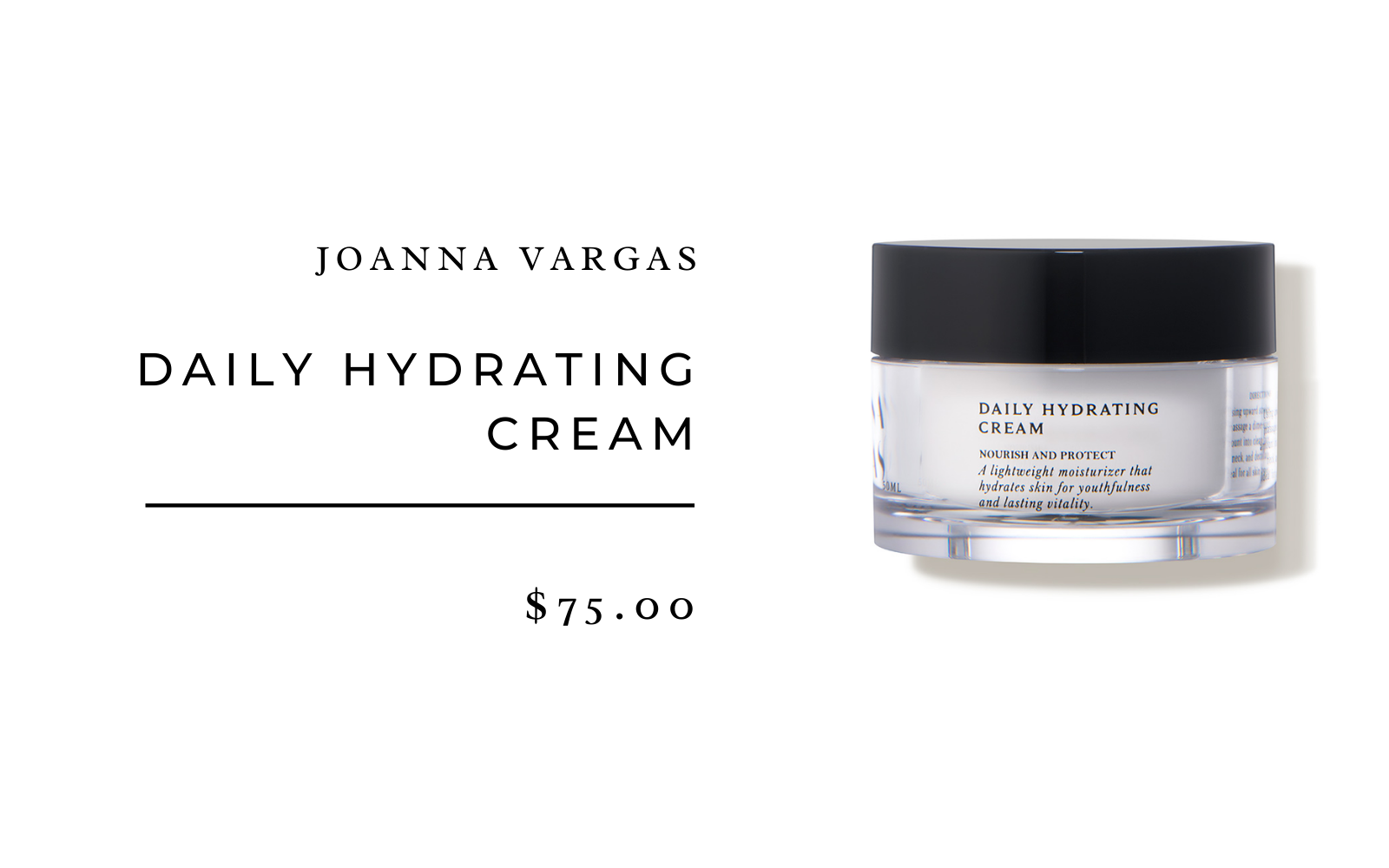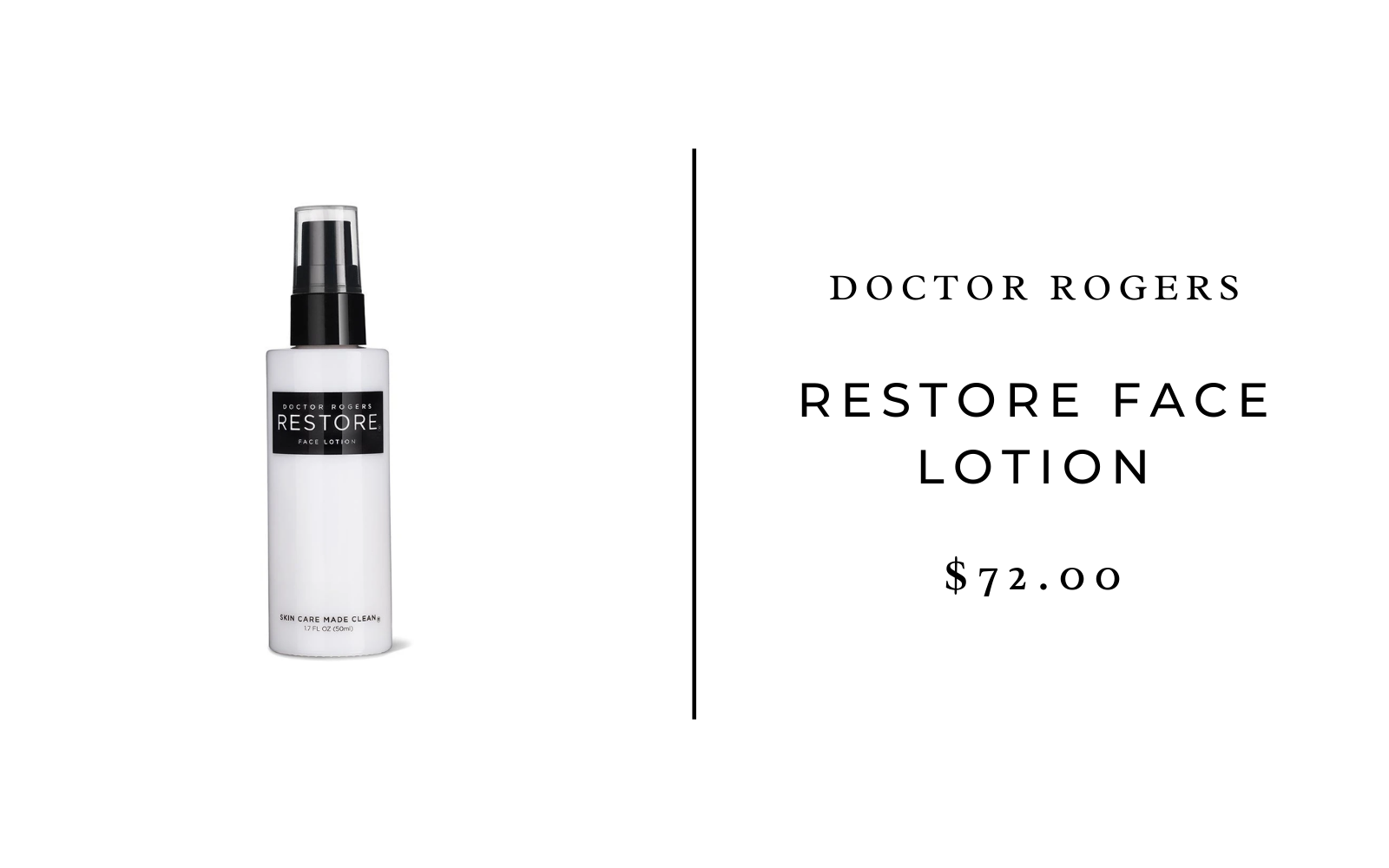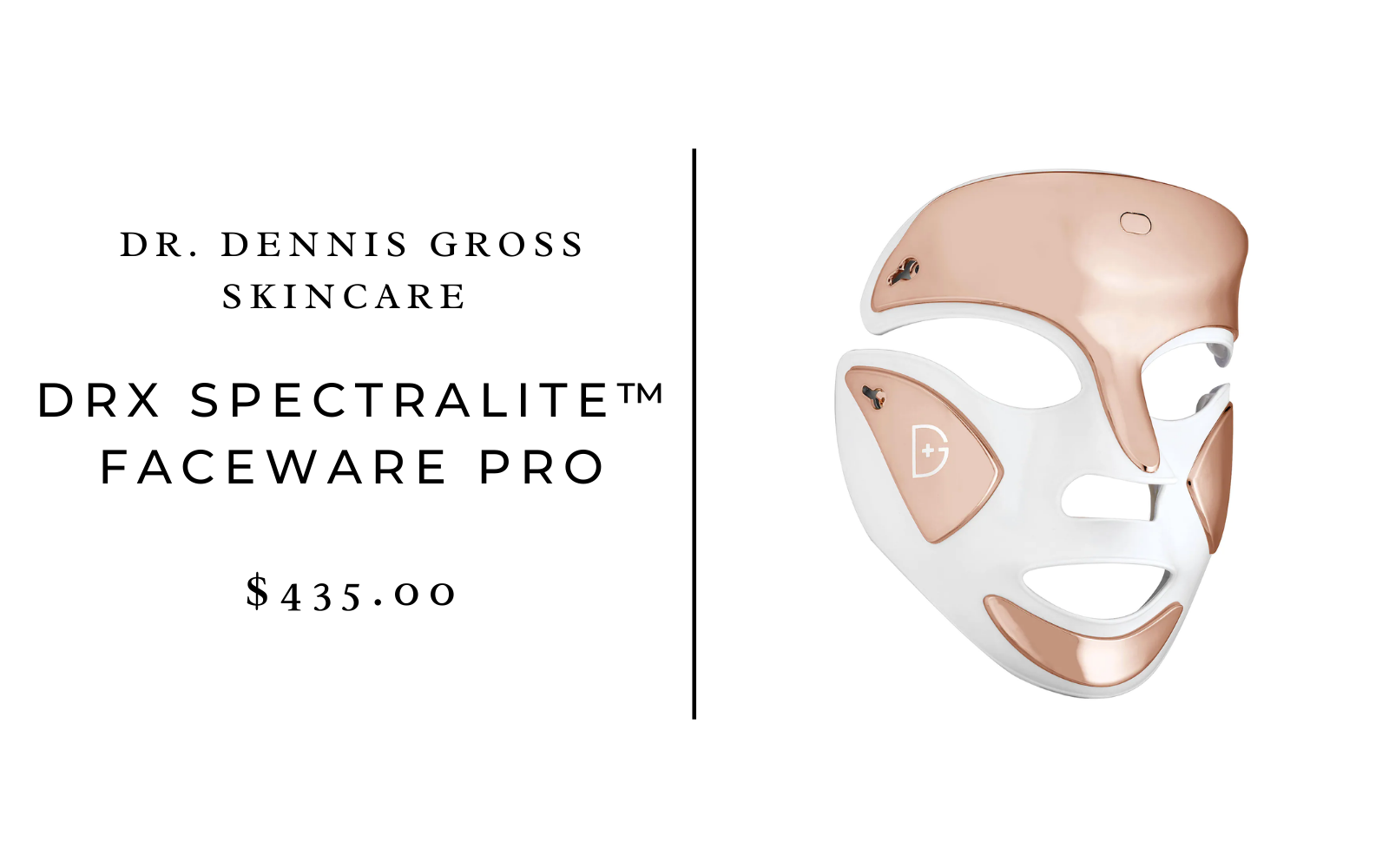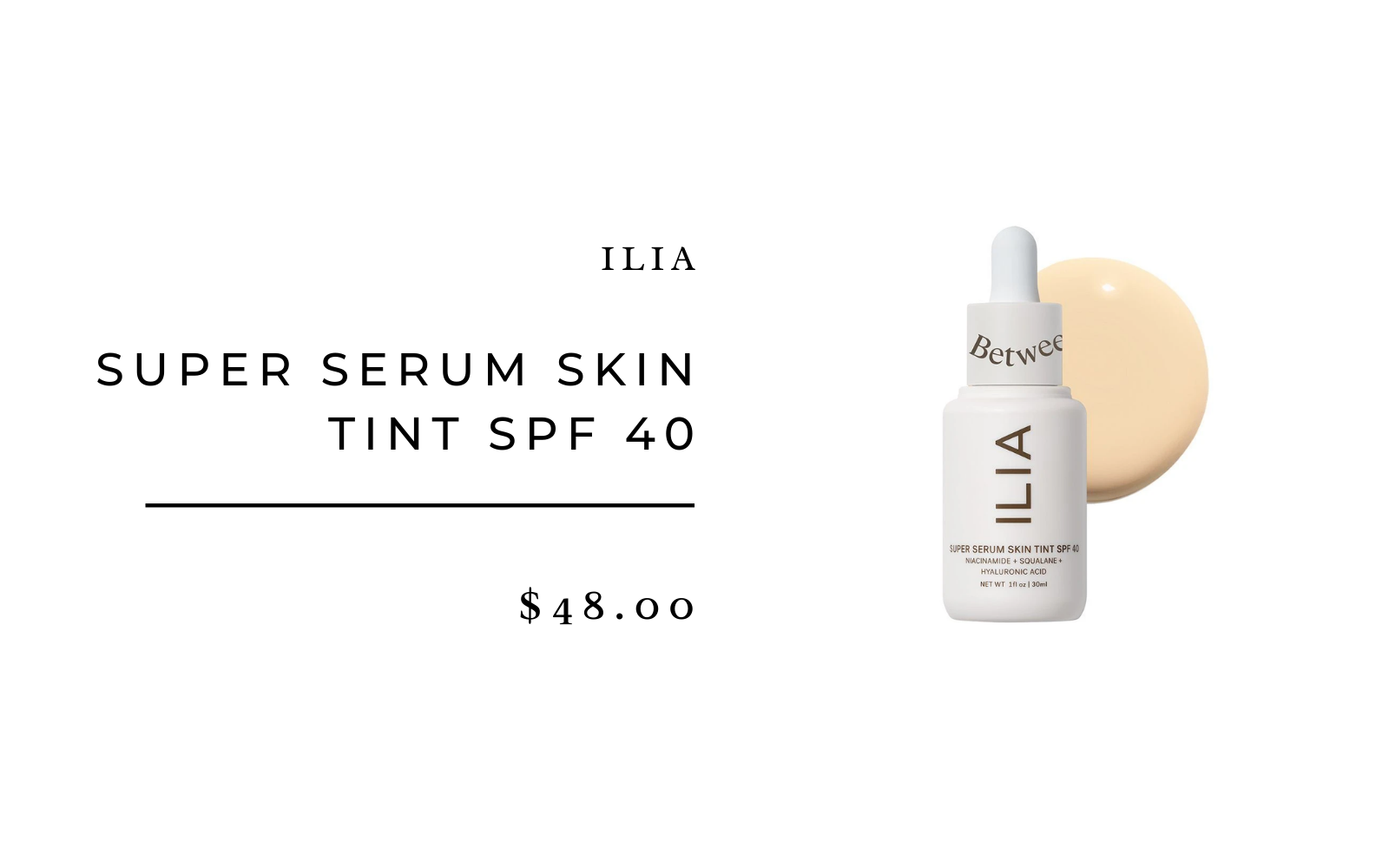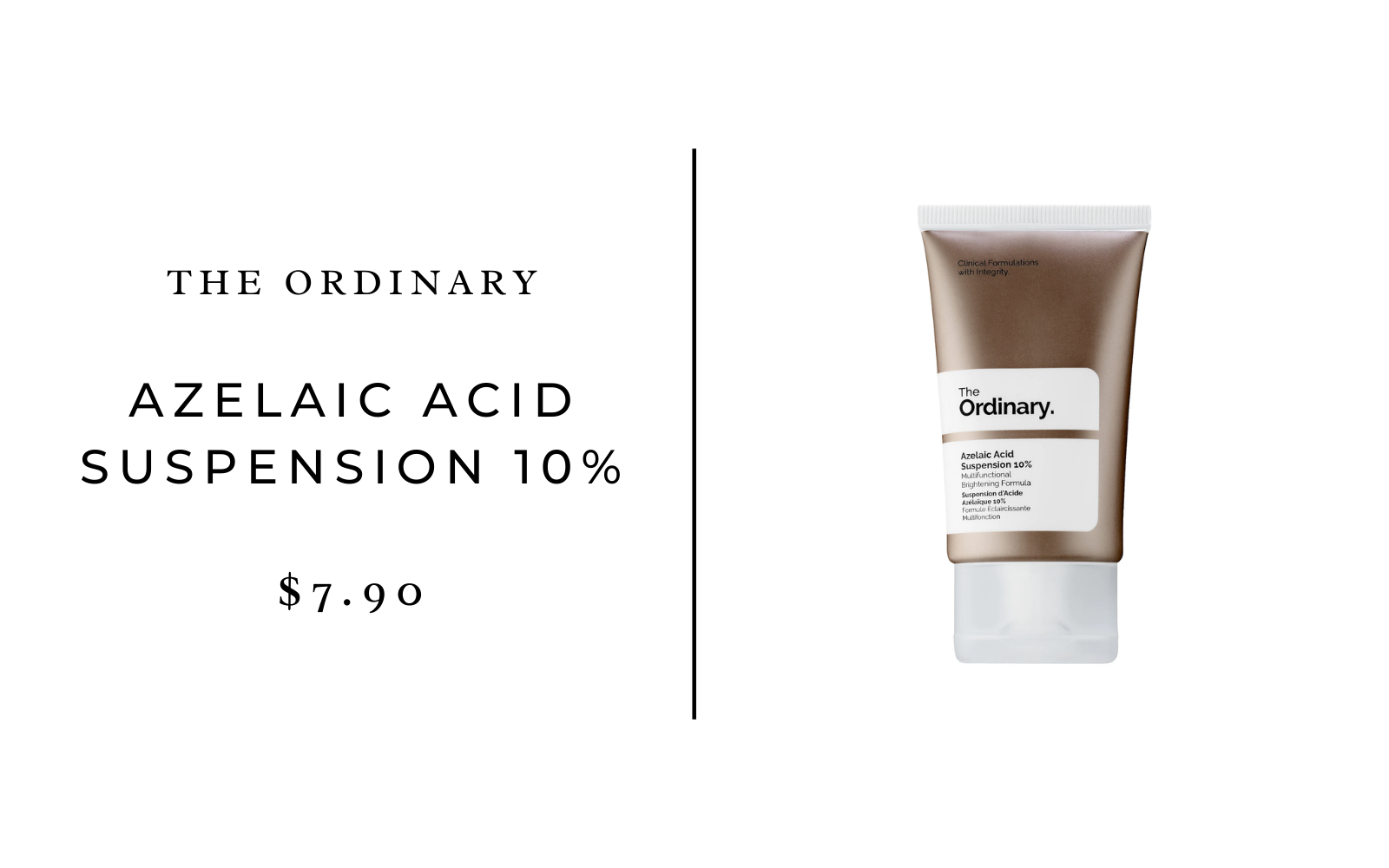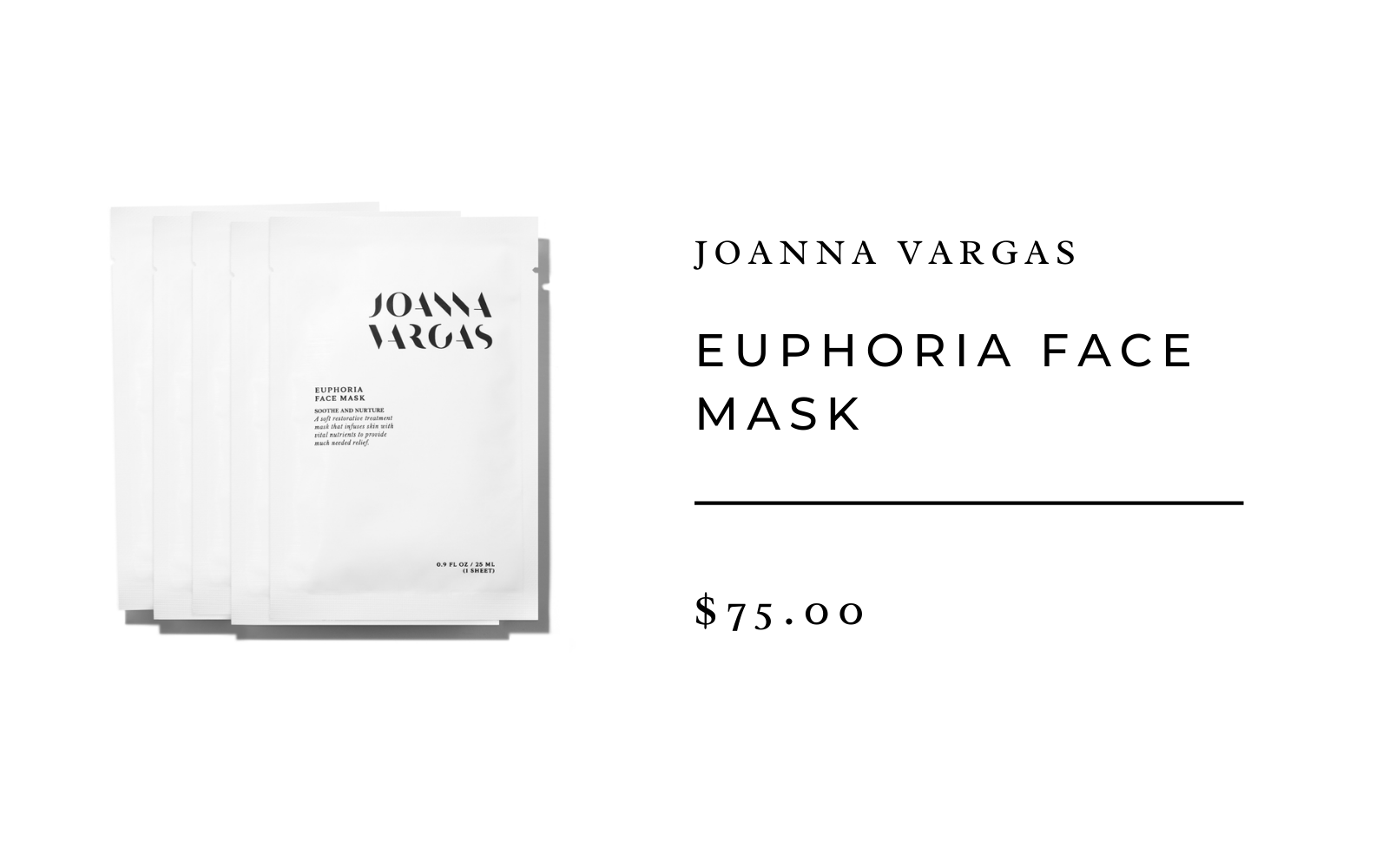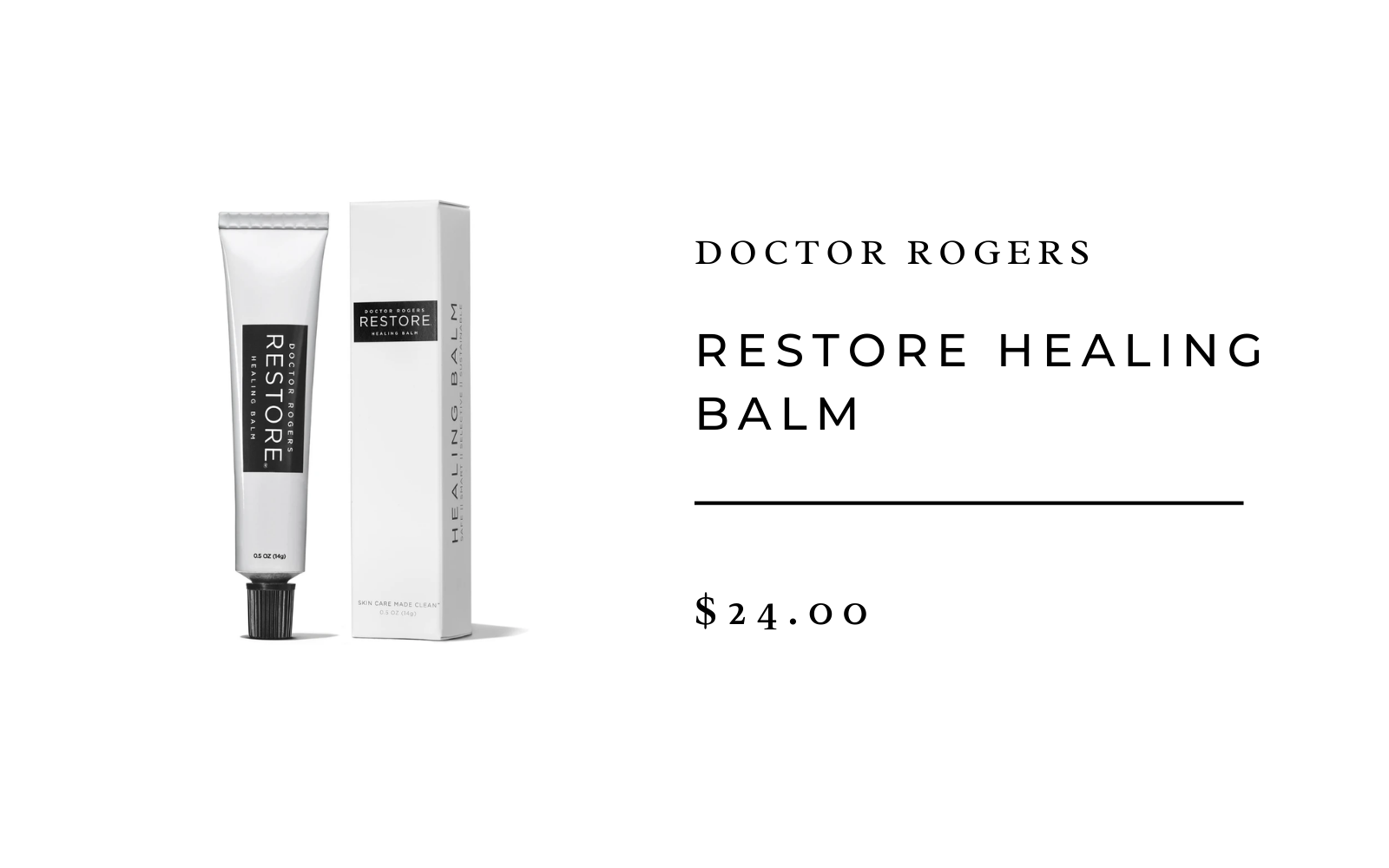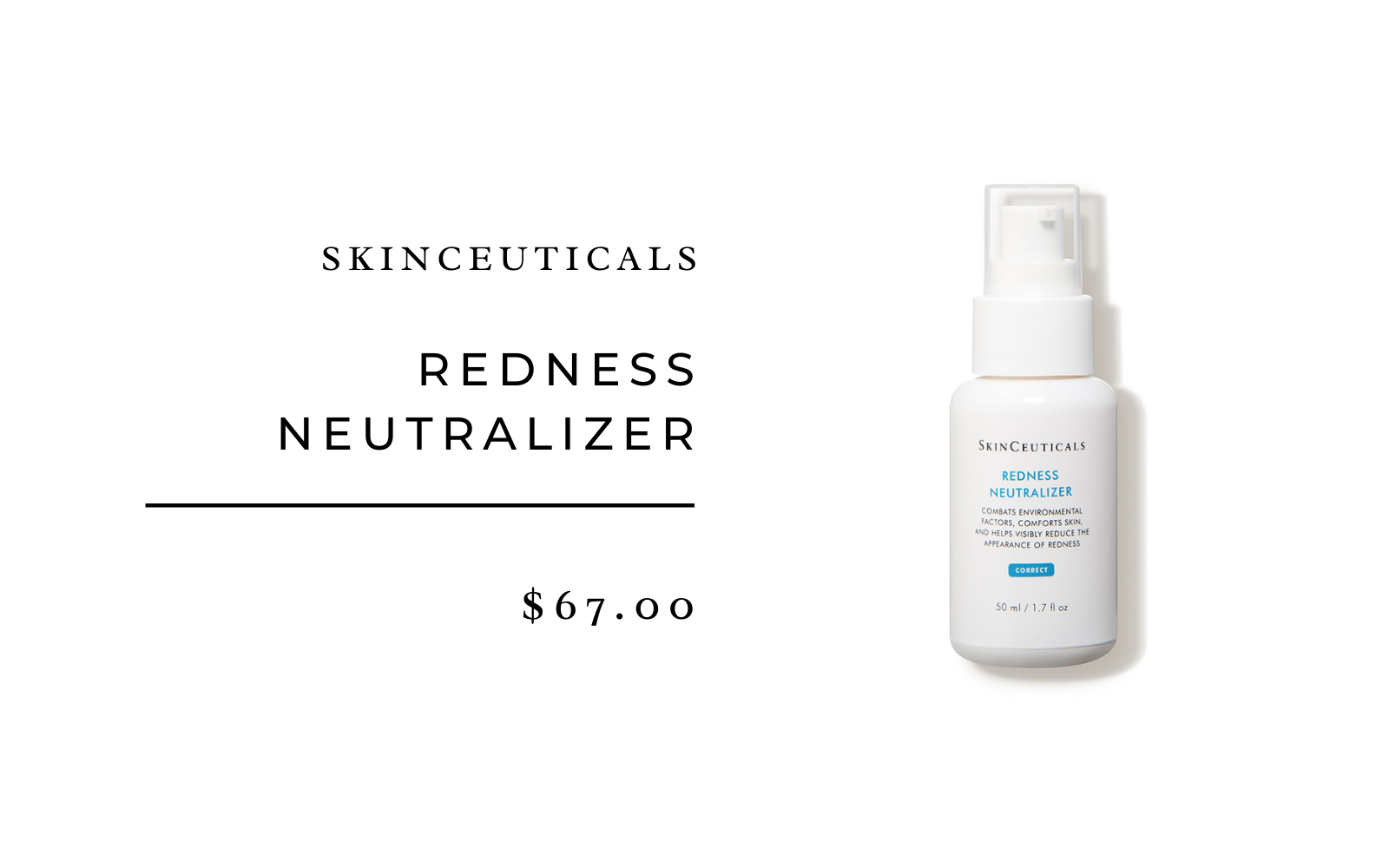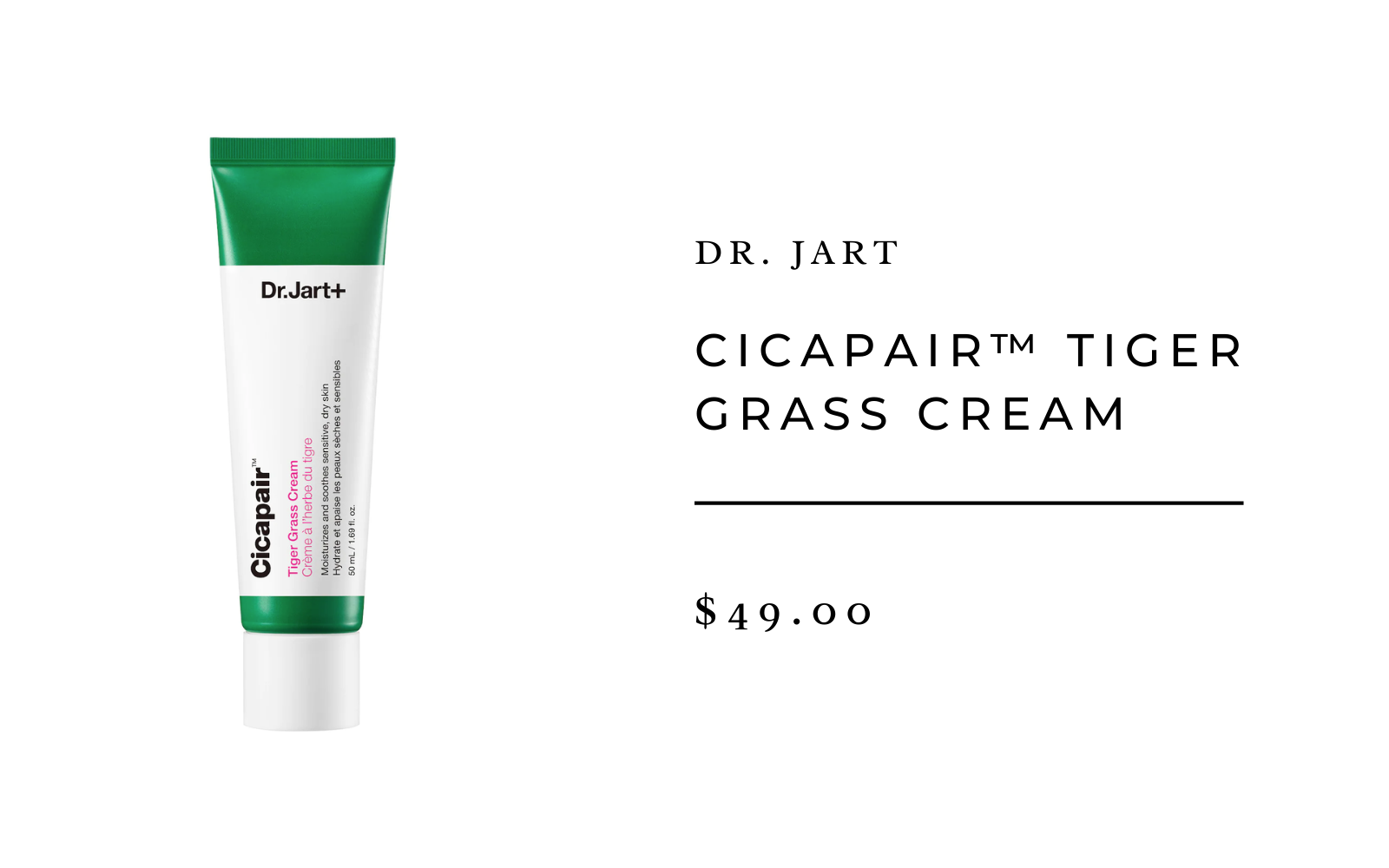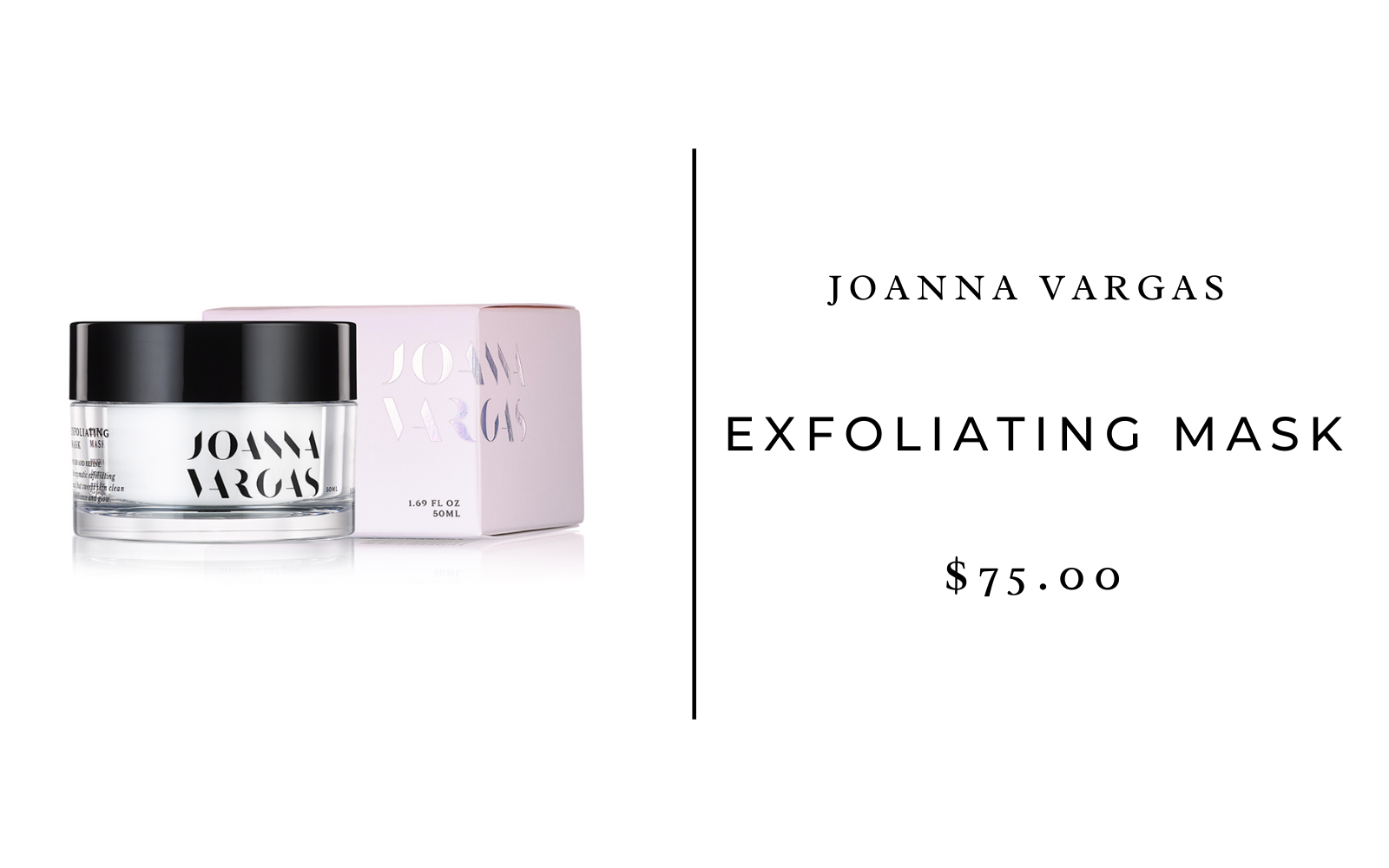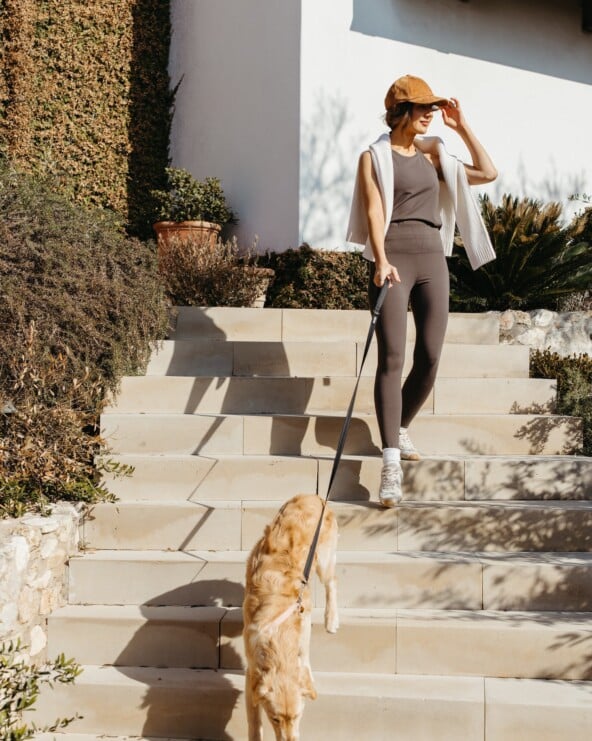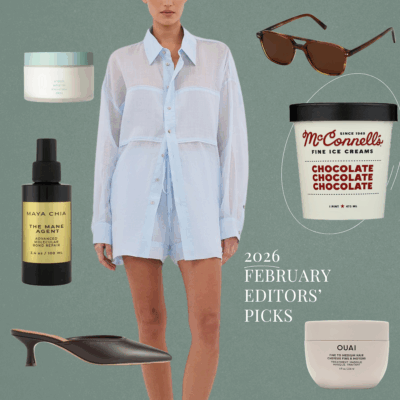There are many common skin issues that can cause facial redness, ranging from temporary conditions to long-term problems. Blushing, rosy cheeks are one thing—but inflammation, persistent redness, and rashes are a total nuisance. Sometimes it’s the result of temporary distress, but other times, it can be an indicator of underlying causes that require a bit more treatment. We reached out to some of our favorite experts for their tips on how to reduce inflammation on the face, because– it’s not something you just have to live with!
Factors like diet, rosacea, dermatitis and more can all be reasons why you may be dealing with facial redness. Luckily there are treatments, products, and simple lifestyle adjustments that can be made to help with this annoying (and oftentimes frustrating) skincare issue. To get some more information, we tapped two highly coveted experts.
The first is celebrity facialist Joanna Vargas, founder of Joanna Vargas Salons and Skincare, and author of Glow from Within. She mentioned that one of the reasons she wrote her book is because people resign themselves to chalking up skin issues to genetics and think that there is nothing they can do about it, when in fact there is so much that goes into having good skin. Our second expert is Dr. Heather D. Rogers, dermatologist and creator of Doctor Rogers RESTORE. Her products are specially formulated to help heal inflamed skin with only plant-based, hypoallergenic ingredients.
They gave us the full scoop on how to reduce inflammation on the face. Read on to see what they had to say.

What causes facial inflammation?
Vargas notes that changes in our routine, like less sleep, elevated stress, and changes in diet can affect the skin and cause inflammation. Our body counts on sleep patterns to repair itself from the damage and stress it goes through during the day. Less sleep means the body can’t finish its repair cycle, which will result in more inflammation and breakouts. Internal inflammation can be caused by not eating well or simply being more stressed out (even for a short period of time.) Skin gets red and patchy easier and the body has a harder time digesting food properly. A lack of proper digestion causes breakouts and inflammation that can result in eczema.
Dr Rogers also reminds us that inflammation is something that happens to all. You cannot always control it, but you can control how you take care of it. She always assures her patients that fewer, quality products, used appropriately, are your best weapon. And when you do experience inflammation, give your skin time to heal, and don’t pick!
Keep scrolling for tips on how to reduce inflammation on the face

Eat a balanced diet
We aren’t talking about dieting here, but being aware of our digestive system and avoiding foods that can cause internal inflammation. (Things like refined carbohydrates, fried foods, sodas, red and processed meat, and margarine, shortening, and lard.) Vargas notes that being mindful of things that can trigger general inflammation and avoiding them can make a big difference in the long run.
Instead, load up on anti-inflammatory foods like:
- tomatoes
- olive oil
- leafy greens
- nuts
- fatty fish
- fruits
LED Light Therapy
If you’ve never tried any sort of LED light therapy, then let this be what gets you to dive in! Vargas always recommends LED light therapy to reduce inflammation, build collagen, and speed the healing of the body. It’s a great way to get an instant glow, and the long-term benefits include reducing wrinkles, sun damage, acne scars, redness, inflammation, and stretch marks for a smoother and more even skin tone.
Her salon does several different treatments that involve LED light, but the most popular is her patented RevitaLight Bed, which gives clients a full-body LED Light Therapy treatment in just 20 minutes. But even if you can’t get yourself to a Joanna Vargas salon, there are tons of in-home options that are super effective and at a variety of price points.
Take a break from retinol-based products and AHAs
Dr. Rogers made the point that when skin is inflamed, it needs to be babied. Don’t ask for it do more by using products that stimulate skin cell turnover like retinol-based products or even AHAs. This is like going for a run when you have the flu. Give your skin some time to recover, and then start these products back slowly as your skin gets into better shape. Focus on products for sensitive skin or specially formulated to calm skin and strengthen the skin barrier. Much like you need TLC to heal, your skin needs TLC as well. Look for ingredients like squalane and glycerin to hydrate and niacinamide and centella asiatica to calm.
Use a homemade oatmeal mask
One of Vargas’s favorite ways to cool and soothe inflamed skin involves a simple recipe straight from the kitchen. She mixes cooled oatmeal with organic yogurt for an anti-inflammatory mask that really soothes the skin no matter your skin type.
Joanna Vargas’ Sensitive Skin Oat Mask
- 2 tablespoons oatmeal
- 1 tablespoon honey
- 1 tablespoon greek yogurt
- 1 teaspoon apple cider vinegar
Mix and place on the skin for 10-15 minutes.
Avoid strong acid peels
If you have a tendency towards red, inflamed skin, then Vargas notes that strong acid peels may not be right for you. Taking a break from chemical peels, whether they be in-home or at a spa, and give your skin a chance to gently heal and find balance.
Don’t over-exfoliate
Both Dr. Rogers and Vargas pointed out that physical exfoliation can also cause inflammation and redness, as well as breakouts and other skin issues. Over-exfoliating can lead to stripping the skin of its natural moisture barrier, which causes it to overcompensate and overproduce oil. This can lead to a whole host of issues and take a while to correct, so lay off the physical exfoliator for a while, and make sure that moving forward, when you do use physical exfoliators, proceed with caution, care, and good ingredients.

Exercise
As if we needed another reason to get moving! Vargas mentions that “exercise is a big thing too—take a walk to help your lymphatic system function better, which can help bring nutrients to the skin and eliminate waste in the body.”
Try laser treatments
Dr. Rogers states that for fighting redness from inflammation, lasers and intense pulsed light can be very helpful. They will not take away your propensity for redness, but it can clear up about 50% of the red that is there. Most of her rosacea patients have their face, neck, and chest lasered once a year.
Ask your dermatologist for prescription medication or cream
There are also many prescriptions available to fight inflammation in the skin. Dr. Rogers explains that “some treat the underlying cause, while others inhibit the inflammatory process. You need to meet with a dermatologist to see which could be the most helpful to you based on your causes of inflammation.”
Avoid products with fragrance
If you have sensitive skin that is easily inflamed, ALWAYS avoid fragrance, essential oils, lanolin, and other common causes of irritation or allergic reaction, cautions Dr. Rogers. This is particularly the case when your skin is flaring. There is an increase in blood flow to the skin, making your face red. This blood brings immune cells, which activate pathways that cause swelling, pain, and itchiness. The dilated blood vessels also make it easier for your body to absorb the chemicals you are putting on your face, increasing the risk of further irritation. This is why it is essential to be incredibly selective about what you are putting on inflamed skin. Products you think your skin may love when healthy could make things worse when inflamed because of increased absorption.
Reduce or eliminate alcohol consumption
Vargas reminds us to be mindful of alcohol consumption if our skin is looking tired, inflamed, or is losing elasticity, as it can be a trigger for a lot of people. Not only that, but one tends to eat junky food with fewer nutrients while drinking.
Get regular facials
Heading to a local spa and getting a facial can be a great way to soothe the skin, keep it healthy, promote circulation and cell turnover, and keep inflammation at bay. At her spa, Vargas offers the Supernova Facial, a hydrating collagen and cryotherapy facial that works to calm inflammation, soothe irritated and stressed-out skin, and leave you glowing.

Take a look at a few of our experts’ favorite products to help reduce facial redness
Joanna Vargas Daily Hydrating Cream
According to Vargas, you’ll want to keep your eyes peeled for products that use avocado oil. She uses it in her daily hydrating cream because it calms inflammation rapidly. It’s awesome for sensitive skin and contains vitamins that support the skin and lymphatic system, helping to depuff, hydrate, and soothe.
Dr. Rogers RESTORE Face Lotion
Hydrate your skin with this nourishing daily facial moisturizer. It contains hypoallergenic and plant-derived ingredients that have been shown to help calm and hydrate the skin. it was specifically made to help revive dull and dry skin, maintaining a healthy glow.
Dr. Dennis Gross Skincare DRx SpectraLite Faceware Pro
This light mask is undoubtedly an investment, but if you are in a position to do so it is worth it. It’s an FDA-approved facial device that not only targets wrinkles and acne, but helps diminish visible discoloration, reduce redness, calm skin, and protect from future breakouts. It really does make a huge difference when used regularly.
Ilia Super Serum Skin Tint SPF 40
Dr. Rogers emphasized the importance of using an SPF that has at least 10% sunscreen, and this is one of her faves. It gives you light, dewy coverage while also keeping skin safe with SPF and other active skincare ingredients. It heals and soothes the skin while also providing a touch of coverage that won’t clog your pores or irritate already an already delicate complexion.
The Ordinary Azelaic Acid Suspension 10%
This multifunctional cream is a fan favorite for its ability to visibly brighten skin and evening out skin tone. It does a great job of soothing patchy skin, facial redness, blotchiness, and acne.
Joanna Vargas Euphoria Face Mask
Calm down inflammation and stressed skin with this ultra-soothing mask. It features chamomile extract, which is a universal skin soother—no matter your skin type, you’ll see benefits.
Dr. Rogers Restore Healing Balm
Apply Dr. Rogers’ Healing Balm to sensitive, dry, and irritated areas of the skin. it’s a super versatile multitasker that can offer relief for anything from chapped lips, dry nails, eczema, skin surgery, scrapes, burns, and so much more.
Skinceuticals Redness Neutralizer
If you’ve got red, sensitive skin or rosacea then look no further than this redness neutralizer from Skinceuticals. It’s a super lightweight serum that combines peptides with soothing botanical ingredients to fight the effects of genetic and environmental triggers that can lead to redness, burning, and discomfort. Skin feels cooler, smoother, and radiant almost immediately!
Dr. Jart Cicapair Tiger Grass Cream
Soothe parched, sensitive skin with this hydrating face cream specifically formulated to target dryness and redness. It strengthens, balances, and protects skin against irritation and damage while also helping to repair and rebuild skin that has been damaged from external stressors. The green tint visibly reduces the appearance of redness, while the powerful ingredients work to neutralize the underlying causes.
Joanna Vargas Exfoliating Mask
Vargas encourages her clients to sleep in her exfoliating mask the night before an event. It evens out pigment and takes down inflammation, so after a good night’s sleep, you wake as fresh-faced as if you just had a facial.


